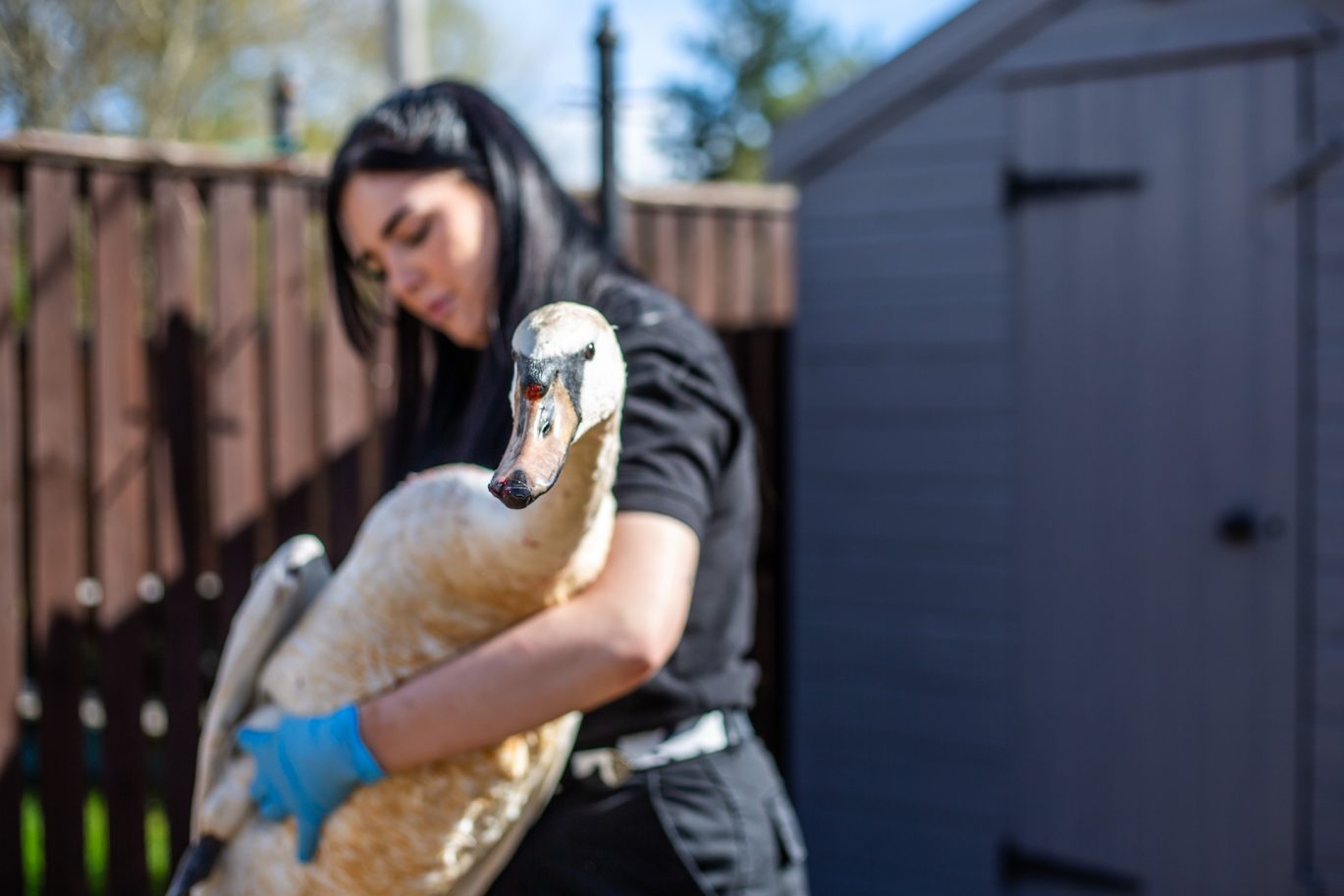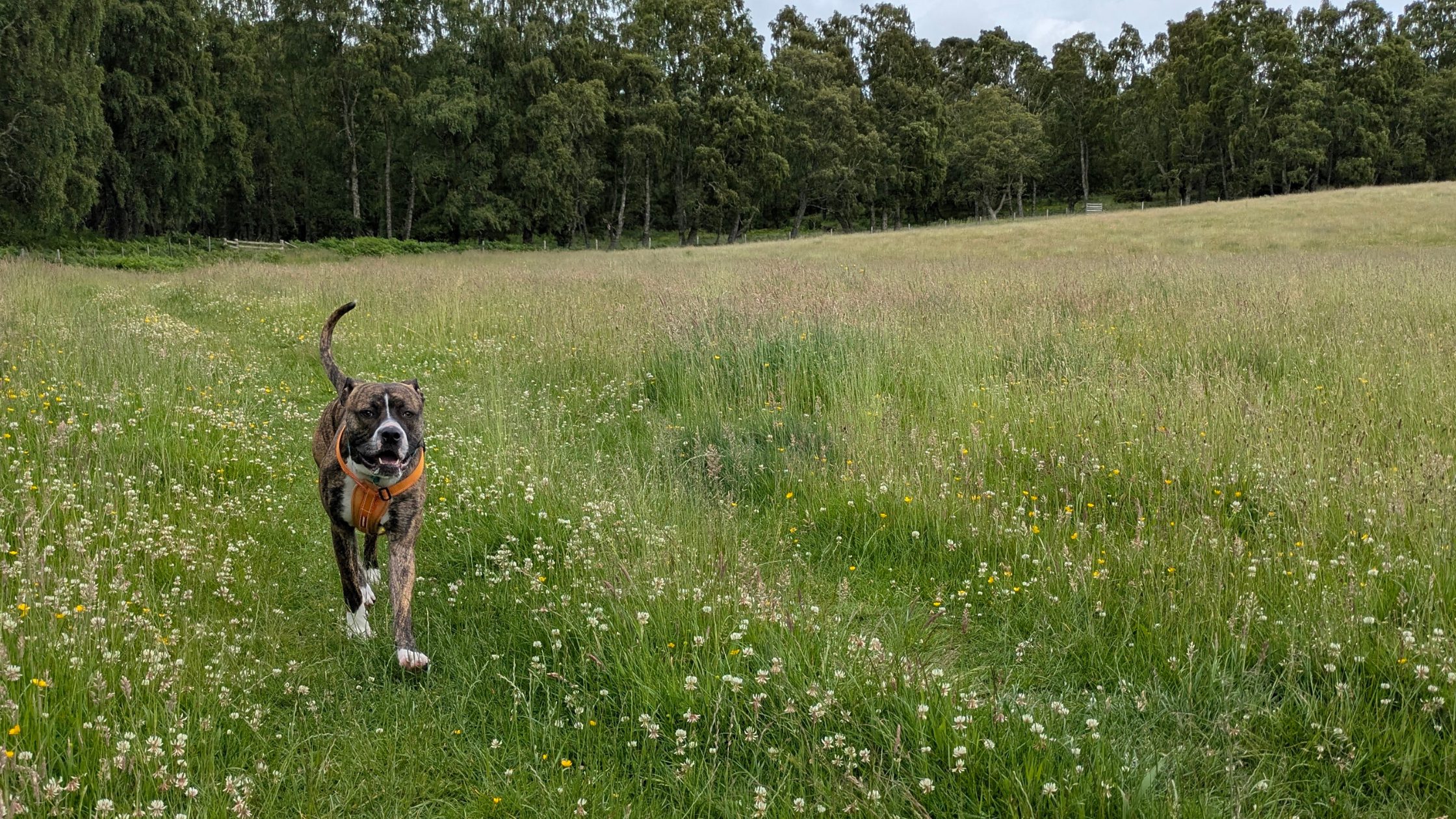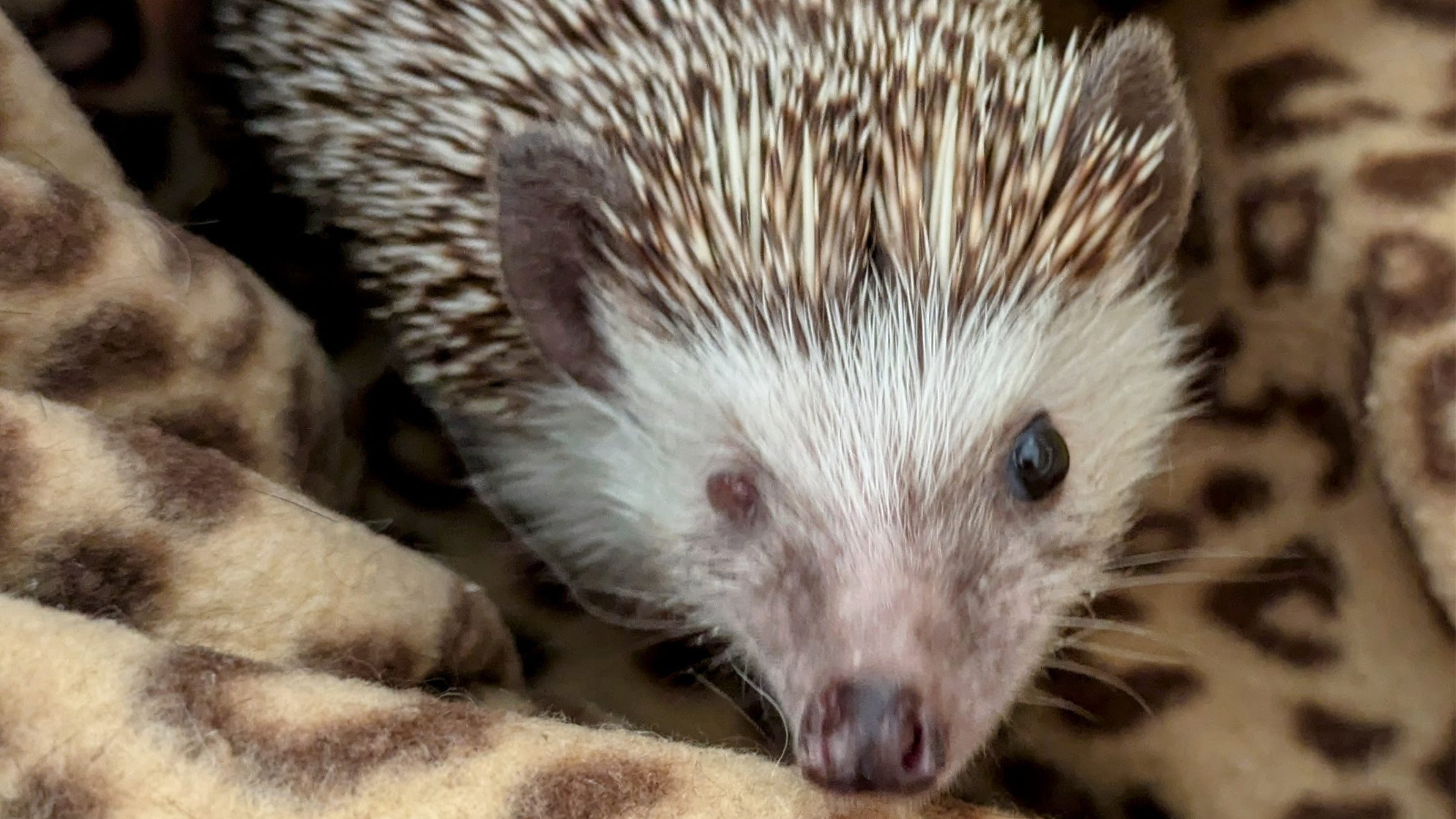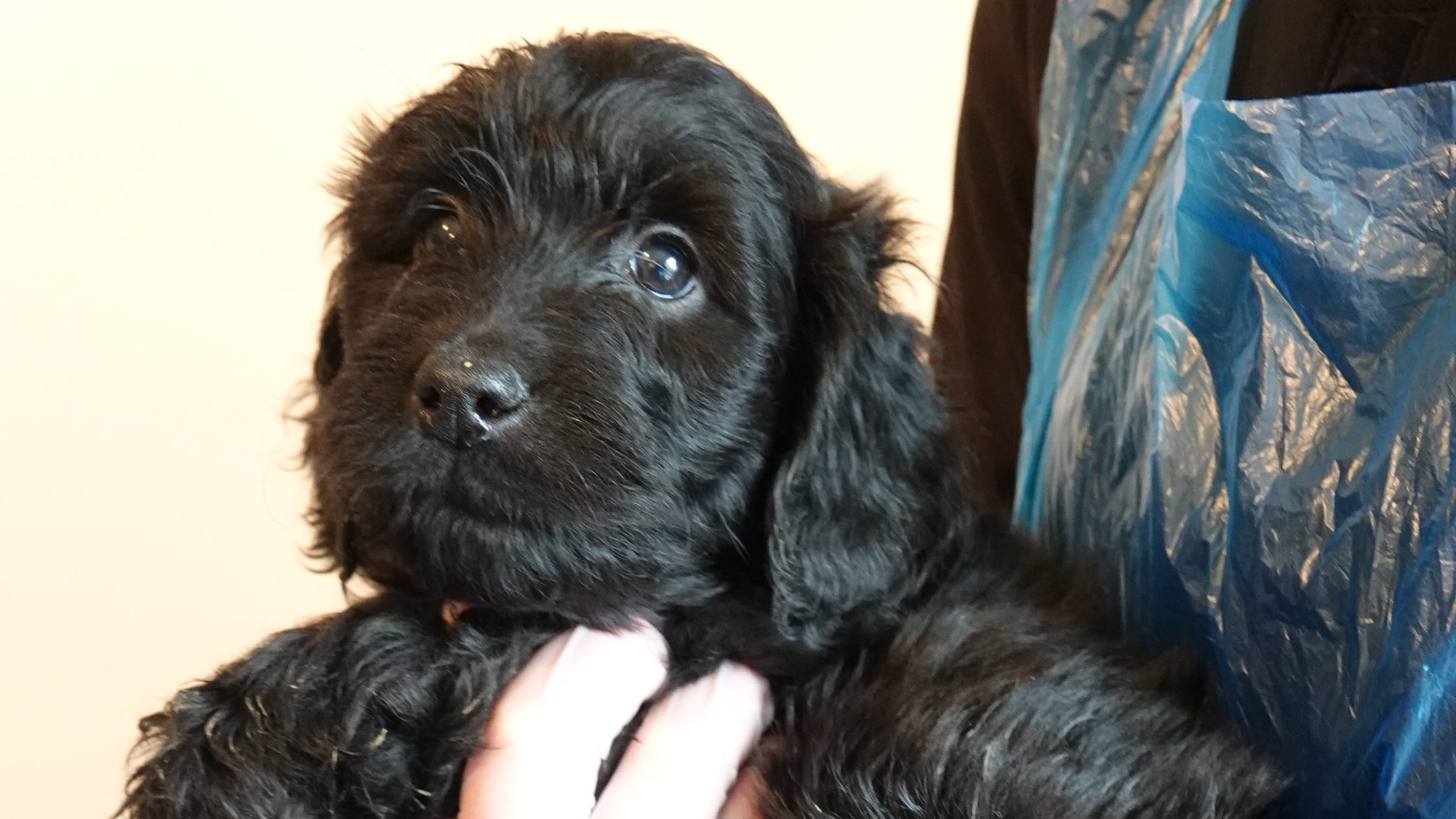We have introduced temporary guidelines for members of the public who find sick or injured wild animals. We are so grateful for the response to this change so far, with so many of you being willing to help.
We have had some questions following this change, so we wanted to give you some more information and our reassurance that the rescue, rehabilitation, and release of wild animals remains a priority for the Scottish SPCA.
What has changed?
As an interim measure, we’re asking the public, only where safe and possible to contain and transport, small sick or injured wildlife that is not a sea bird (e.g. gull), waterfowl (e.g. duck), or bird of prey directly to your local vet.
If the animal is a sea bird, waterfowl or bird of prey, if you’re unsure, cannot contain the animal, or are unable to transport them, please call our Helpline on 03000 999 999.
Where an animal can be rehabilitated, they will still be transported to our National Wildlife Rescue Centre to receive our specialist care, either directly or from the veterinary practice by our animal rescue team.
What happens when I take a wild animal to the vet?
When you take a wild animal to a veterinary practice, the practice will carry out an initial assessment to determine whether the animal is suitable for rehabilitation. If so, they will be transferred to our National Wildlife Rescue Centre for ongoing care. Many veterinary practices already support wildlife in this way as part of their routine work.
Veterinary professionals have a duty to provide emergency care for wildlife, and we’re actively engaging with practices across Scotland to ensure they have the information and support they need during this time of transition.
Will I be charged by vets?
Vets cannot charge you for emergency treatment of wild animals, but practices may approach this differently in some cases.
We encourage anyone who finds an injured or distressed wild animal to call their local vet practice before travelling. This allows the practice to advise on whether they’re able to help and explain the next steps in the process.
What if I find young animals or uninjured wildlife?
Uninjured animals, especially juveniles and healthy fledglings, should not be contained or transported to vets, this advice has not changed, as the best chance of survival for these animals is in their natural habitat.
If you’re unsure, you should follow the advice from our Animal Helpline and website.
Where animals are clearly injured or in distress, our Helpline colleagues are guiding callers on next steps which may include safe containment and transport to a vet, or our attendance, if needed.
What happens if I can’t help?
Rest assured that where you can’t help, our Animal Rescue Officers will be on hand, to make sure that no animal is left without support. Our mission remains to make Scotland the best place in the world for an animal to call home, and we are grateful to you for being part of the rescue.
Read our advice to learn more about how you can help.





